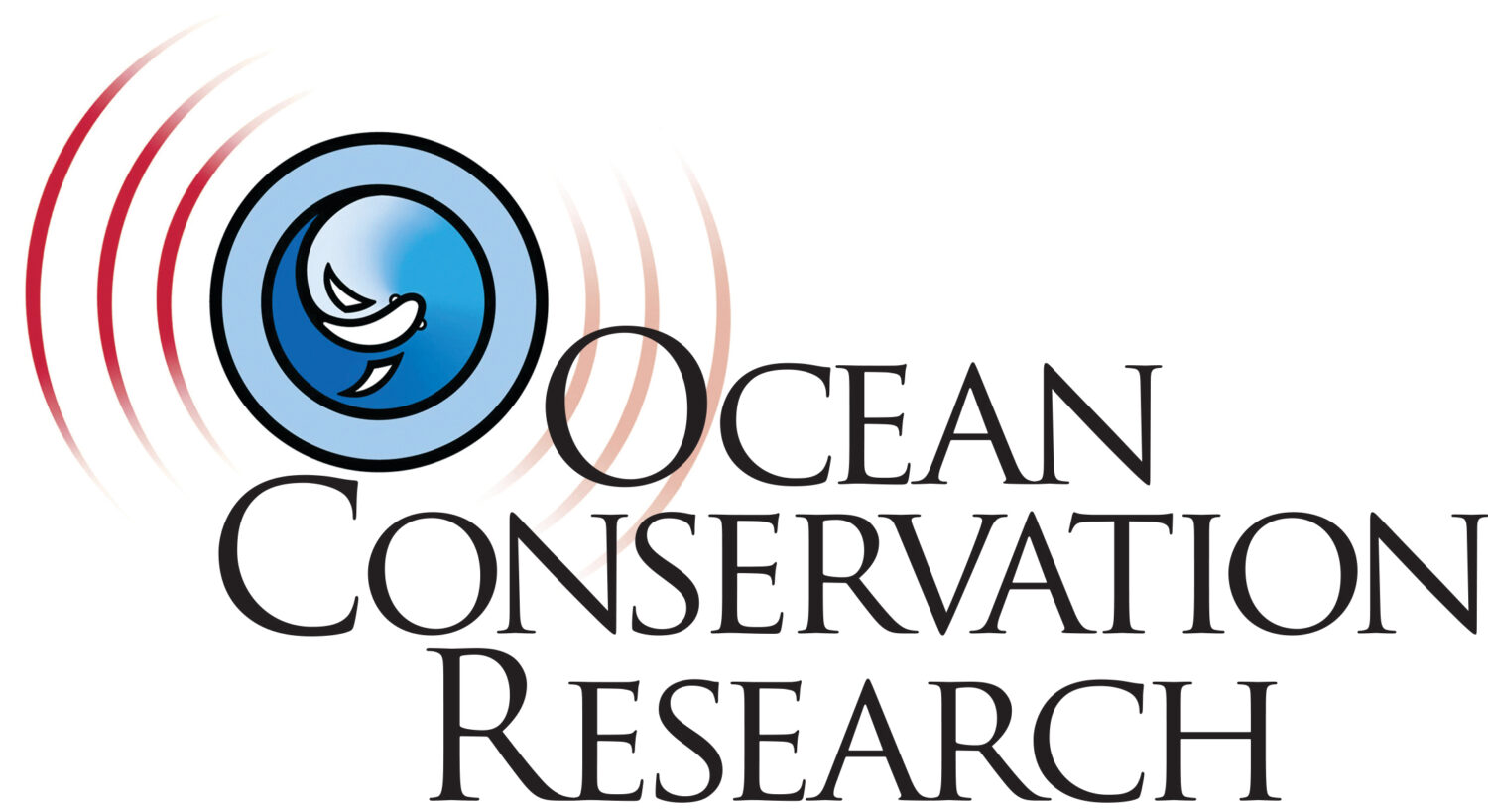Just last week a paper was published in Frontiers in Ecology and Environment – and explained in Nature’s International Weekly Journal of Science – proposing that noise pollution – and particularly noise pollution from seismic airgun surveys – be qualified and regulated as a pollutant. The points of the article are summarized well in a Science Daily review but the details include the fact that the expansion of seismic surveys (and other industrial noise) is getting a significant lead over the research on noise impacts – or even baseline assessments of species’ populations, health, and habitats that are already being disrupted.
The paper frames and lands many of the issues that orbit around the topic. For example: While there are a number of national regulatory agencies that have some jurisdiction over industrial ocean noise, each operation or event is treated as unique occasion as opposed to part of a systematic global noise problem (using a magnifying glass where binoculars would be more appropriate). This is particularly the case with low-frequency seismic survey operations that typically require “Marine Mammal Observers” on board the survey vessel scanning a “mitigation range” of 1000 meters when noises from these surveys can propagate 2000 km.
Given that these operations are popping up all over, and the noise of concern is “transboundary” the paper suggests that international regulation would be useful, rather than depending on national or regional agencies who don’t necessarily have coordinated agendas or standards.
About a decade ago a number of us under the loose rubric of The International Ocean Noise Coalition spent some time at the United Nations at the “United Nations Open-ended Informal Consultative Process on Oceans and the Law of the Sea” (UNICPOLOS) to have noise codified as a “trans-boundary pollutant.” We were successful due to an existing article that stated, ““pollution of the marine environment” means the introduction by man, directly or indirectly, of substances or energy into the marine environment.” The word “energy” rang the bell, as noise is acoustical energy.
Of course the US has not ratified the UN Convention on the Law of the Sea (UNCLOS) because of the political climate of this great nation. And perhaps because the Bureau of Ocean Energy Management (BOEM) serves more as a handmaiden to industry rather than a watchdog.
The paper is making the rounds and hopefully will have some international influence. Surrounded by a noise-regulated ocean, perhaps US Regulators might sit up and take notice.

